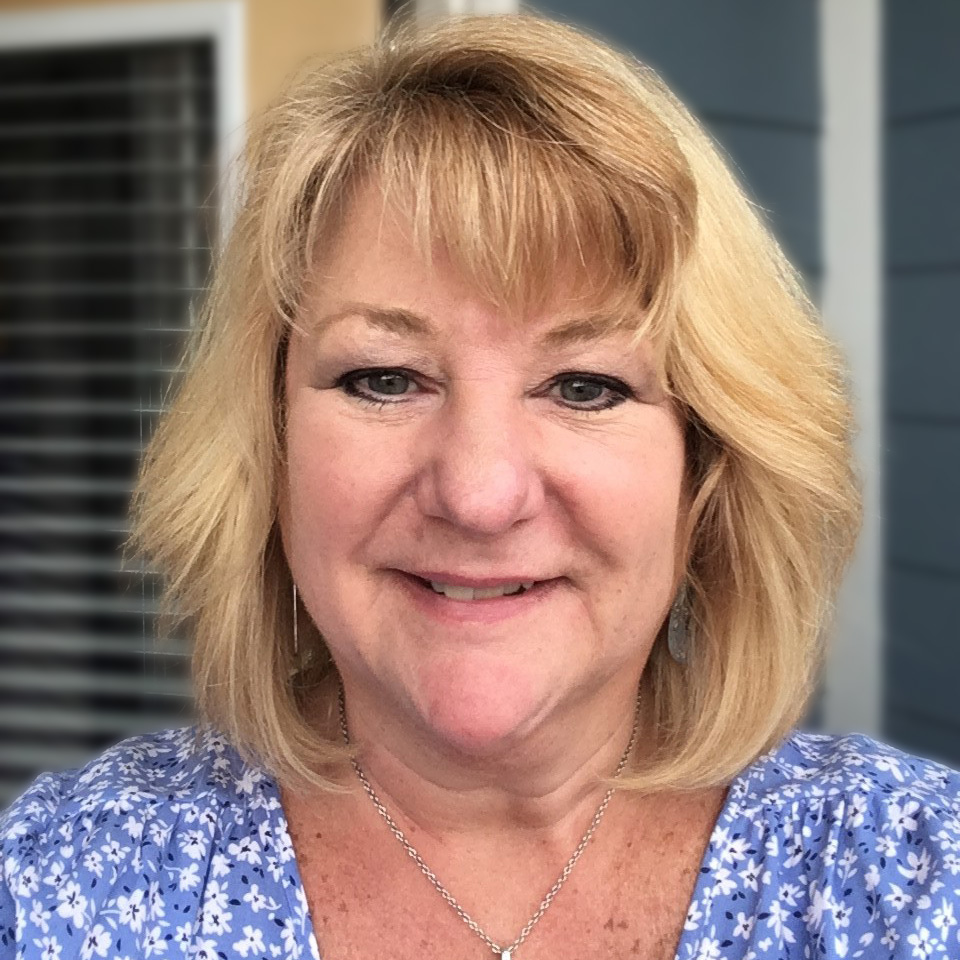According to the National Council on Aging, older adults are disproportionally affected by chronic conditions, such as diabetes, arthritis, and heart disease. Eighty percent have at least one chronic condition and nearly 70% of Medicare beneficiaries have two or more. Chronic diseases can limit a person’s ability to perform daily activities, cause them to lose their independence, and result in the need for institutional care, in-home caregivers, or other long-term services and supports.
Healthcare in the US is very fractured and many simply do not know how to navigate an increasingly complex system. As many people develop chronic diseases like hypertension and diabetes, they are having to learn how to manage those diseases, or they don’t and their quality-of-life plummets. But there are ways to support better quality of life if providers and patients knew what was available to them. There are several services that Medicare offers that can support overall better health.
Medicare beneficiaries are provided a free Annual Wellness Visit. An Annual Wellness Visit (AWV) assesses where the individual is on a health continuum. Many people do not understand the importance of a visit like this: it sets a baseline of one’s health which can then be used as a benchmark for illness and decline. Physical and cognitive ability are just a couple of measures that can show early signs of illness that may be treated earlier. It can identify safety issues that the person may not have thought of. It can recommend preventative measures such as vaccinations and testing that the person may have simply forgotten about or thought they no longer needed. AWVs are a chance to educate, screen, and perhaps protect the health of an individual and offer continued quality of life.
Providers today are overwhelmed with demands on time and efficiency. Fifteen-minute visits do not allow the time to educate and review patient understanding of illness and treatment. Often, patients don’t like to “bother” a busy provider, but they have questions. Sometimes they do not know what disease progression looks like and they wait until symptoms become unbearable and end up in an emergency room or worse – admitted to the hospital. This is where Chronic Care Management comes in. This is a service for individuals with two or more chronic diseases. It provides ongoing extra support by an RN Care Manager in collaboration with the providers to support the patient’s health. An RN will outreach and be available to the patient and caregiver.
This can be a great way for patients to ask questions, be provided education on signs and symptoms of disease progression or worsening symptoms, and how to manage them before they become more serious. They can connect people with community services that they may have not known were available. Care Managers are well versed at knowing current available resources and information in their area.
Sometimes health declines despite our best efforts and we need hospital services. That does not mean that we as healthcare workers leave patients alone to navigate this often-scary terrain. Imagine that you have been in the hospital. You haven’t slept, you may have been sedated, your medications may have changed, and you’re not sure how to take the new ones – let alone if you can even afford them. You may have lost mobility and/or memory. You may need medical equipment that you don’t know how to use or that didn’t show up. Your nurse reviewed discharge instructions before you left but you were not in a mindset to absorb this information.
When you arrive home, you may be too tired to review your discharge instructions, so you go back to what you were doing before your admission. Transitional Care Management is a thirty-day support to help a patient navigate this crucial time. The RN Transitional Care Manager reaches out to review all this new information, review medications, and look for any barriers to receiving them or the services suggested at discharge. These measures can help prevent you heading back to the hospital. The nurse is available for 30 days to answer questions, reassess where the patient is in their healing and whether a provider visit might provide needed care before re-admission is needed. If this was a new-onset disease process, the RN can educate on disease process and signs and symptoms of worsening disease.
If chronic disease is recognized early enough through preventative measures, these diseases can often be managed well, improving quality of life, often extending life, and reducing overall expense to the patient individually and the healthcare system. The issue is educating Healthcare Professionals on what is available for patients, why it is important, and how they can access help. It is imperative that we use all our available resources to support our patient’s health and well-being!
ABOUT THE GUEST + ORGANIZATION

Community Care of Lower Cape Fear (CCLCF) is a local nonprofit focused on improving health outcomes for Medicare, Medicaid, uninsured, and privately insured residents in southeastern NC, including multiple counties. With 19 years of experience, their interdisciplinary Care Teams collaborate with health plans and providers to enhance patient outcomes and satisfaction. Notably, the North Carolina Department of Health and Human Services selected CCLCF as one of three organizations to lead the state’s Medicaid Healthy Opportunities Pilot, which tests non-medical interventions for high-needs beneficiaries.

Nancy Duzick, RN, BSN, is the Medicare Program Director at Community Care of the Lower Cape Fear. She has an extensive background in developing Medicare Service programs within the Medicare Innovations Programs, including ACOs and CPC+. She brings many years of clinical experience to this work, including critical care, hospice, palliative care, and practice management. Nancy’s passion for caring for the aging is evident in her program development.
